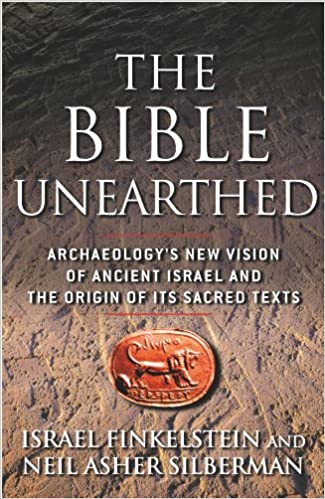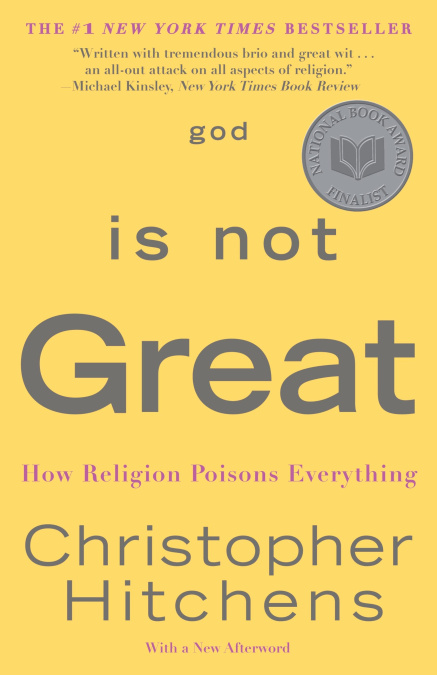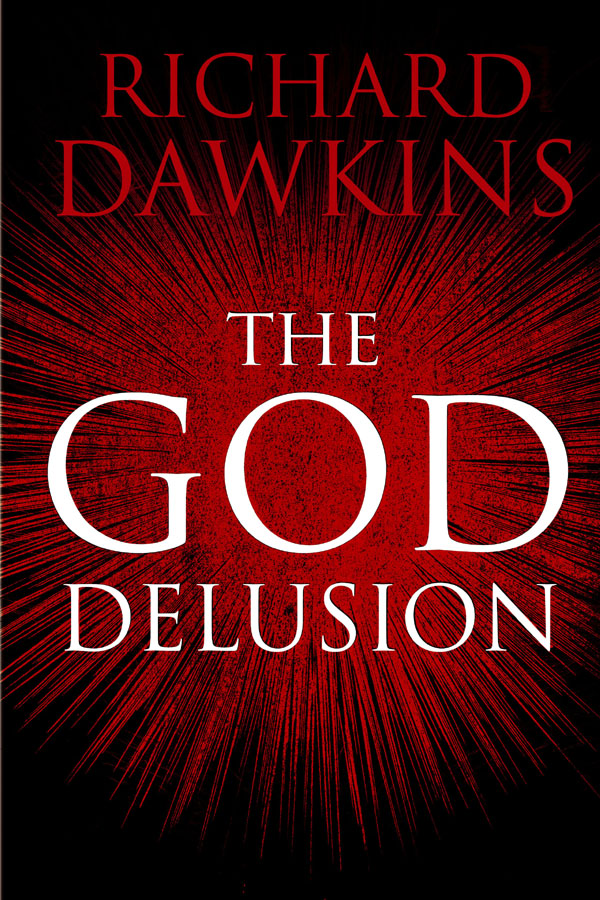Title: Galileo and the Conflict between Religion and Science
Author: Gregory W. Dawes
For more than 30 years, historians have rejected what they call the ‘warfare thesis’ – the idea that there is an inevitable conflict between religion and science – insisting that scientists and believers can live in harmony. This book disagrees. Taking as its starting point the most famous of all such conflicts, the Galileo affair, it argues that religious and scientific communities exhibit very different attitudes to knowledge.
Scripturally based religions not only claim a source of knowledge distinct from human reason. They are also bound by tradition, insist upon the certainty of their beliefs, and are resistant to radical criticism in ways in which the sciences are not. If traditionally minded believers perceive a clash between what their faith tells them and the findings of modern science, they may well do what the Church authorities did in Galileo’s time. They may attempt to close down the science, insisting that the authority of God’s word trumps that of any ‘merely human’ knowledge. Those of us who value science must take care to ensure this does not happen. WATCH THE PODCAST
Title: Myths to Live By
Author: Joseph Campbell
Joseph Campbell was the world s greatest authority on myth, his monumental four-volume The Masks of God is a definitive work on the subject, and in Myths to Live By he explores how these enduring myths still influence our daily lives and can provide personal meaning in our lives. Myths are a way of explaining the cosmos, the origin of life and Man s relationship with their environment; they play a cohesive role in society. Joseph Campbell analyses myth in psychoanalytic terms to reveal their essential qualities and to demonstrate how they continue to reflect human needs, providing reassurance even in today s world.
Ranging from Zen koans and Indian aesthetics to walking on the moon, Joseph Campbell explores how myth and religion follow the same archetypes, which are not exclusive to any single race, religion or region. Campbell believed that all religion is a search for the same transcendent and fundamental spiritual truths. He shows how we must recognise the common denominators between differing myths and faiths and allow this knowledge to fulfil human potential everywhere.
Title: The Bible Unearthed: Archaeology's New Vision of Ancient Israel and the Origin of Its Sacred Texts
Authors: Israel Finkelstein and Neil Asher Silberman
In the past three decades, archaeologists have made great strides in recovering the lost world of the Old Testament. Dozens of digs in Egypt, Israel, Jordan and Lebanon have changed experts' understanding of ancient Israel and its neighbours- as well as their vision of the Bible's greatest tales. Yet until now, the public has remained almost entirely unaware of these discoveries which help separate legend from historical truth. Here, at last, two of archaeology's leading scholars shed new light on how the Bible came into existence.
They assert, for example, that Abraham, Isaac and Jacob never existed, that David and Solomon were not great kings but obscure chieftains and that the Exodus never happened. They offer instead a new historical truth: the Bible was created by the people of the small, southern nation of Judah in a heroic last-ditch attempt to keep their faith alive after the demise of the larger, wealthier nation of Israel to the north. It is in this truth, not in the myths of the past, that the real value of the Bible is evident. WATCH THE PODCAST
Title: The Birth of Satan: Tracing the Devil's Biblical Roots
Authors: T. J. Wray and Gregory Mobley
Of all the demons, monsters, fiends, and ogres to preoccupy the western imagination in literature, art, and film, no figure has been more feared—or misunderstood--than Satan. But how accurate are the popular images of Satan? How--and why--did this rather minor biblical character morph into the very embodiment of evil? T.J. Wray and Gregory Mobley guide readers on a journey to retrace Satan's biblical roots. Engaging and informative, The Birth of Satan is a must read for anyone who has ever wondered about the origins of the Devil.
Title: God Is Not Great: How Religion Poisons Everything
Author: Christopher Hitchens
God Is Not Great is the ultimate case against religion. In a series of acute readings of the major religious texts, Christopher Hitchens demonstrates the ways in which religion is man-made, dangerously sexually repressive and distorts the very origins of the cosmos. Above all, Hitchens argues that the concept of an omniscient God has profoundly damaged humanity, and proposes that the world might be a great deal better off without 'him'.
Title: The God Delusion
Author: Richard Dawkins
The God Delusion caused a sensation when it was published in 2006. Within weeks it became the most hotly debated topic, with Dawkins himself branded as either saint or sinner for presenting his hard-hitting, impassioned rebuttal of religion of all types.






